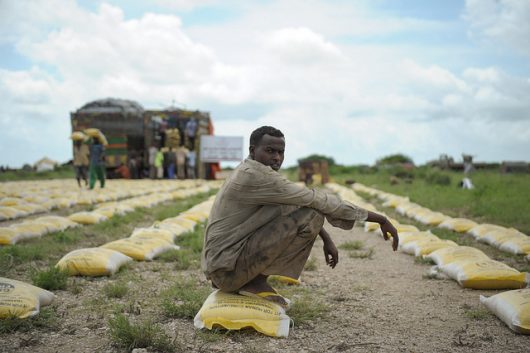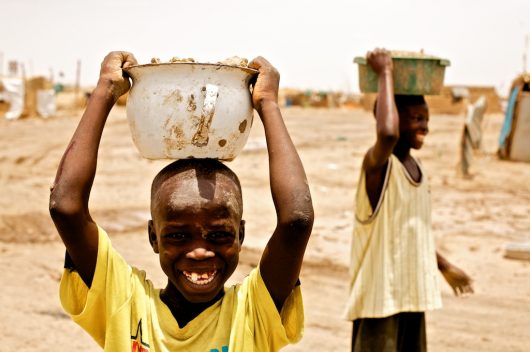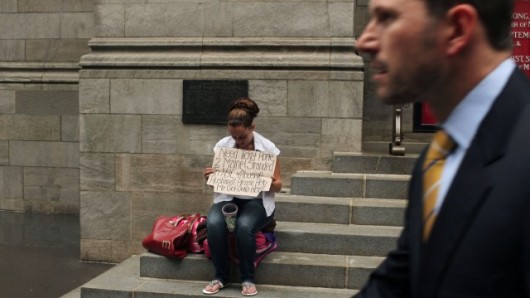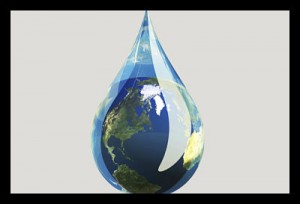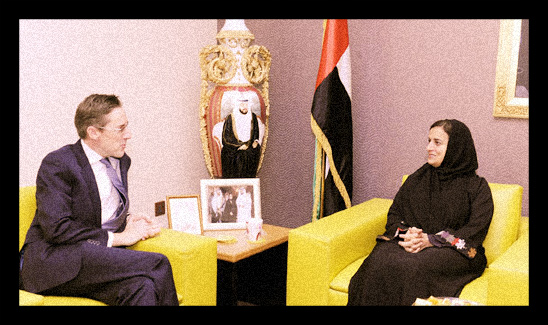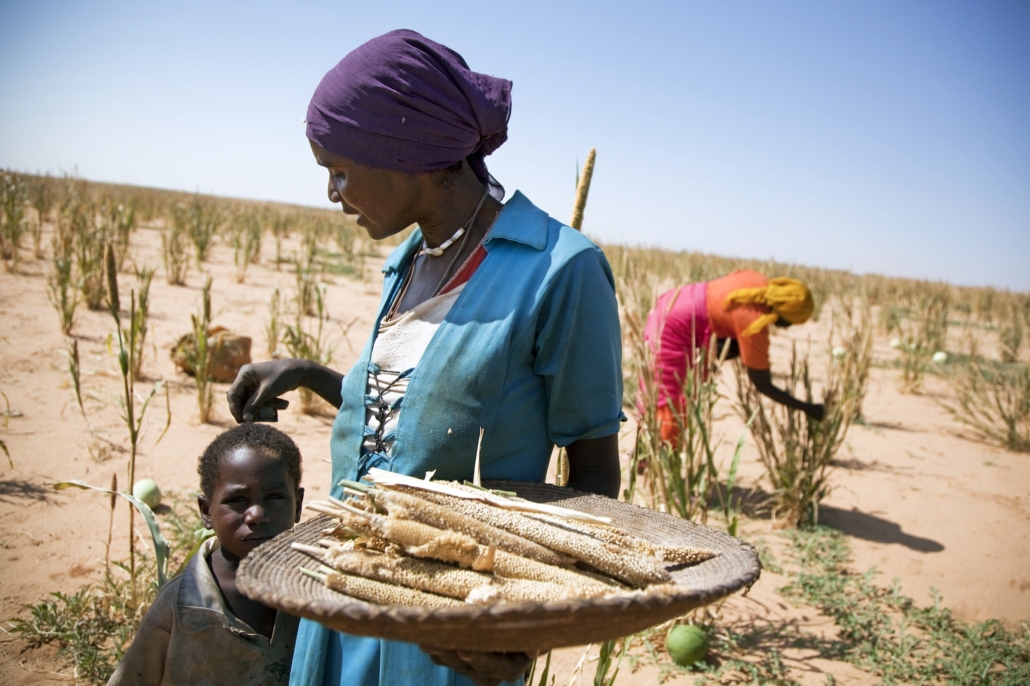
The Background
The proposal started to gain significant recognition as a consequence and response to the devastation that the first wave of the COVID-19 pandemic brought upon the world in early 2020. The outbreak has reminded the world’s nations how susceptible they all are on an economic, social and biological level, emphasizing the need for global cooperation. Furthermore, as a reliable example, Europe demonstrated the potential for collaboration over common funds in the future, “through its regional development fund.”
In the lead-up to this moment, GPI’s most significant political push came from leaders in the Global South, outraged by the economic and social inequalities that the pandemic further emphasized.
Latin American countries were among the first to officially consider the implementation of GPI. Then, Africa followed and invited powers in the Western and Eastern world to work together more efficiently to solve challenges impacting the globe.
The International Monetary Fund (IMF) estimated that COVID-19 led to the loss of $28 trillion in output and $17 trillion in response to the pandemic. Additionally, COVID-19 highlighted global disparities such as the underfunding of some health systems around the world.
How GPI Works
The way GPI might revolutionize international cooperation has roots in its inner mechanism. The new system includes three pillars:
1. Universal Contributions: Instead of how donor countries give money to recipient ones, GPI is an “all-contributor approach to international public finance.”
3. Representative Control: GPI asks for a more “democratic and accountable approach” to governing international public finance. All participating governments would determine the priorities of GPI.
The Global Public Investment would include percentages of participants’ gross national income by their capability. The same countries would consequently receive funds according to their need, including wealthier countries. As a result of the GPI, all countries would have equal shares in a common fund, promoting the development of a fiscal-cooperation among them.
Looking Ahead
International aid is still valid for solving many of the world’s economic inequalities. Combined with GPI, the new system would allow the world to go a step further in its fight against global poverty.
Photo: Flickr
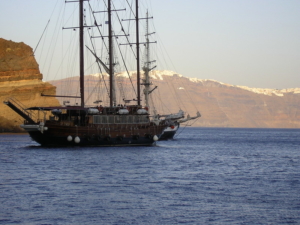 Piracy is often thought to be a practice of the past, if not romanticized in fictional portrayals. Today, pirates are still prevalent. In 2020, piracy increased by 20% worldwide and doubled in the Indo-Pacific region. The U.N. reports this
Piracy is often thought to be a practice of the past, if not romanticized in fictional portrayals. Today, pirates are still prevalent. In 2020, piracy increased by 20% worldwide and doubled in the Indo-Pacific region. The U.N. reports this 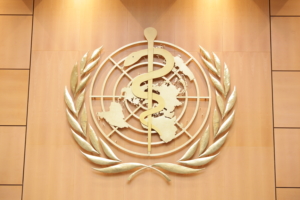 The COVID-19 pandemic arrived on the world scene at an inopportune time in terms of international relations, given the current state of global division and isolationist nationalism. Cooperation between nations is extremely important in containing a pandemic. However, this sentiment was sparse during the early stages of the virus’ spread due to the prevailing geopolitical climate. Now that COVID has expanded across the world and endangered millions, international cooperation is perhaps more important than ever in the urgent search for a vaccine. The World Health Organization, GAVI and the Coalition for Epidemic Preparedness Innovations (CEPI) have united to form the COVAX Initiative: a program providing promise for both global teamwork and COVID mitigation.
The COVID-19 pandemic arrived on the world scene at an inopportune time in terms of international relations, given the current state of global division and isolationist nationalism. Cooperation between nations is extremely important in containing a pandemic. However, this sentiment was sparse during the early stages of the virus’ spread due to the prevailing geopolitical climate. Now that COVID has expanded across the world and endangered millions, international cooperation is perhaps more important than ever in the urgent search for a vaccine. The World Health Organization, GAVI and the Coalition for Epidemic Preparedness Innovations (CEPI) have united to form the COVAX Initiative: a program providing promise for both global teamwork and COVID mitigation.